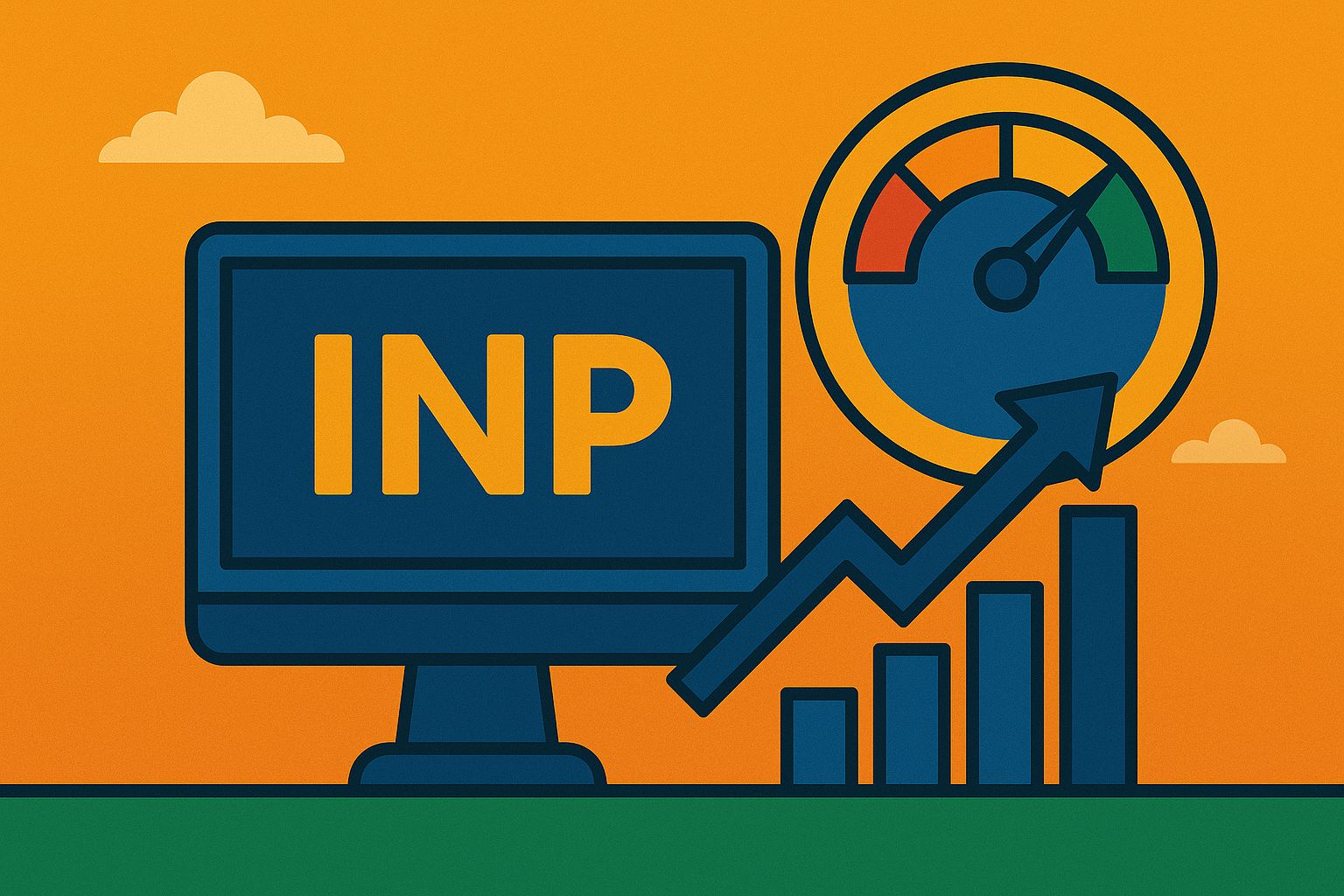So, you’ve got a great idea, assembled a dream team, and you’re ready to launch your startup. But there’s one tiny detail left to sort out: how do you fairly split the equity among co-founders? Believe it or not, this can be more complex than assembling IKEA furniture without an instruction manual. But fear not! We’ve got you covered with strategies and considerations to ensure a fair equity distribution among startup co-founders.
Why is Equity Distribution Important?
First things first, why should you care about equity distribution? Well, imagine setting sail on a ship with a crew of equals, but one person is doing all the rowing while another is sipping mojitos on the deck. Not fair, right? The same goes for your startup. Equity distribution isn’t just about money—it’s about recognising contributions, motivating the team, and avoiding future conflicts. Let’s dive in.
Factors to Consider When Distributing Equity
- Contribution and Commitment
Who’s bringing what to the table? Is someone investing a significant amount of capital, while another is putting in sweat equity? Maybe one co-founder is part-time, and another is full-time. The level of contribution and commitment is a biggie when it comes to equity distribution. It’s like splitting a pizza: the one who brought the ingredients should get a bigger slice.
- Roles and Responsibilities
Different roles come with different responsibilities and, often, different risks. Your tech guru who’s coding day and night might deserve more equity than someone who’s offering occasional marketing advice. Think of it like a movie: the lead actor gets more screen time (and pay) than the cameo appearance.
- Prior Experience and Expertise
Experience counts. A co-founder with a track record of successful startups might bring more value—and deserve more equity—than a newbie. It’s like having a seasoned chef in the kitchen versus someone who just learned to boil water. The seasoned chef’s culinary skills can make or break your restaurant, just like a seasoned founder can steer your startup towards success.
- Future Expectations
Consider what each co-founder will contribute moving forward. If one co-founder is expected to take on a significant role in scaling the company, that should be factored into the equity split. It’s like betting on a horse: you’ll want to put your money on the one that’s likely to win the race.
Equity Distribution Strategies
- Equal Split: The simplest method: everyone gets an equal share. This works well if all co-founders are contributing equally in terms of time, effort, and resources. However, be cautious—it’s rare for contributions to be perfectly equal.
- Role-Based Split: Allocate equity based on the role and responsibilities of each co-founder. This ensures that those taking on more critical or time-consuming roles are rewarded accordingly. It’s like giving your lead actor a bigger paycheck than the supporting cast.
- Dynamic Equity Split: A more flexible approach that adjusts equity based on actual contributions over time. This can prevent early-stage inequities and ensure that equity reflects ongoing contributions. Imagine it like a reality TV show where contestants’ rewards change based on their performance each week.
- Vesting Schedules: Implementing vesting schedules can prevent co-founders from walking away with significant equity if they decide to leave early. Typically, equity vests over a four-year period with a one-year cliff. Think of it as a probation period—if they stick around and contribute, they earn their equity.
Legal and Practical Considerations
- Get Everything in Writing
No matter how well you trust your co-founders, always put the equity agreement in writing. A handshake deal might work for a lemonade stand, but not for a startup. Legal documents protect everyone involved and provide a clear reference if disputes arise.
- Use a Lawyer
Speaking of legal stuff, hire a lawyer who specialises in startups. They can help draft equity agreements, advise on vesting schedules, and ensure everything is above board. It’s worth the investment to avoid costly legal battles down the road.
- Be Transparent
Transparency is key. Make sure all co-founders understand and agree to the equity distribution plan. Misunderstandings can lead to resentment and conflicts, which are the last things you need when trying to build a successful startup.
Common Pitfalls and How to Avoid Them
- Ignoring Future Contributions
Don’t just focus on initial contributions. Consider what each co-founder will bring to the table in the future. A co-founder who’s crucial in the long run should be recognised in the equity split.
- Overvaluing Ideas
Ideas are important, but execution is everything. Avoid giving too much equity to the person who came up with the idea while undervaluing those who bring it to life. Remember, ideas are like seeds, but they need a lot of work to grow into something valuable.
- Failing to Revisit the Agreement
As your startup evolves, so might the roles and contributions of each co-founder. Revisit and, if necessary, revise the equity agreement periodically. Think of it like a maintenance check for your car—you need to ensure everything’s running smoothly.
Case Studies: Real World Examples
- Case Study : Facebook
Mark Zuckerberg famously retained a large share of Facebook’s equity. This decision reflected his central role in the company’s development and growth. However, early disputes with co-founders highlight the importance of clear agreements.
- Case Study : Google
Larry Page and Sergey Brin, Google’s co-founders, split their equity with Eric Schmidt when he was brought in as CEO. This strategic decision helped balance their technical and managerial expertise, contributing to Google’s massive success.
Conclusion
Navigating the waters of equity distribution in startups can be tricky, but it’s crucial for long-term success. By considering contributions, roles, and future expectations, and by implementing fair and transparent agreements, you can set the stage for a harmonious and productive co-founder relationship. Remember, the goal is to ensure everyone feels valued and motivated to give their best to the venture.




